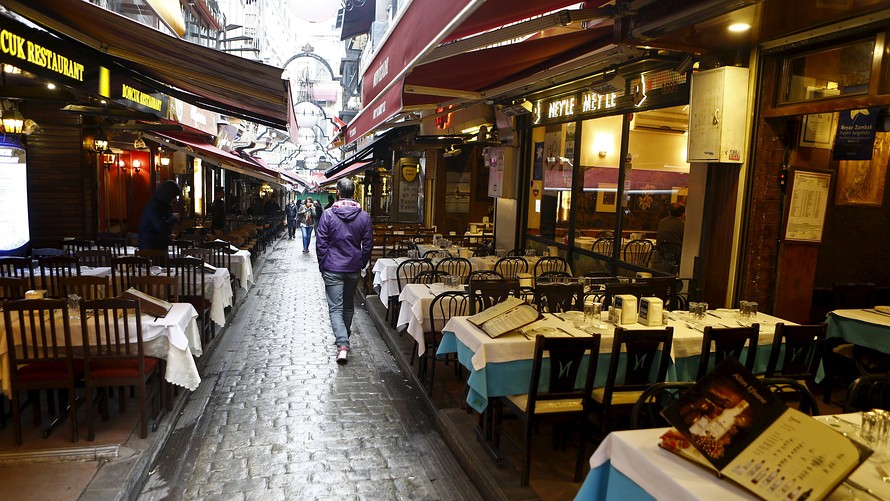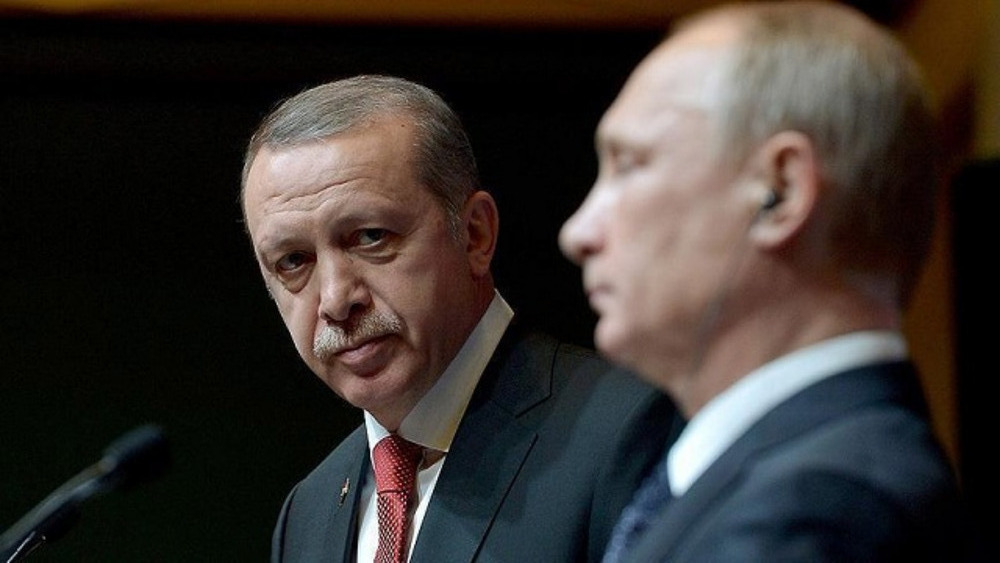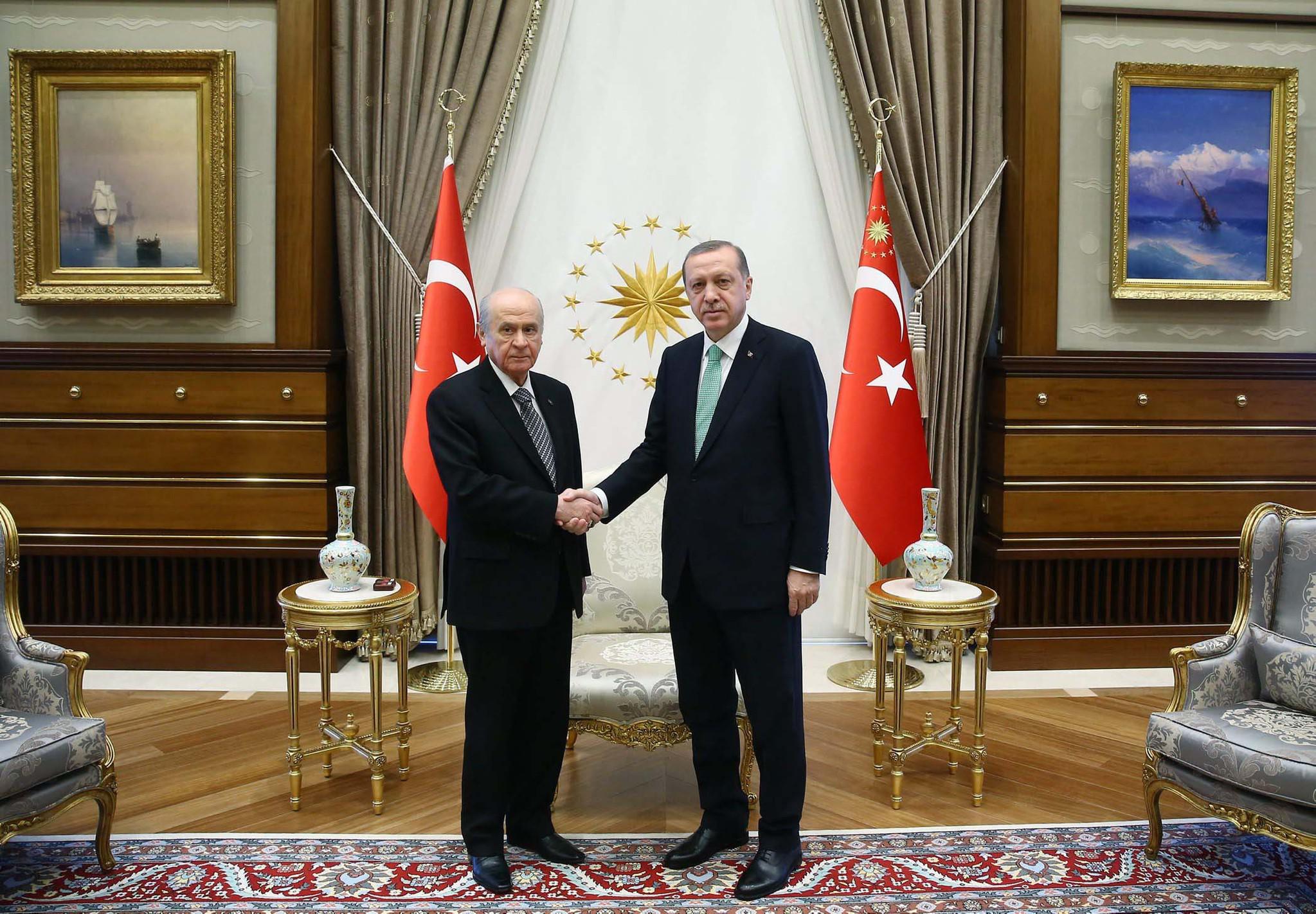
by Yavuz Baydar
The Peri Tower Hotel is the latest to throw in the towel.
“By the end of November, we will shut our doors to tourists,” said Nazif Demir, the manager of the hotel, which has been a landmark in Cappadocia in central Turkey since 1995. “All we know is, 2017 will be even harder than this year,” he said.
The closure is one of the many in Turkey’s deeply troubled tourism sector, shattered since mid-2015.
Tourism Ministry figures indicate that the number of foreign visitors to Turkey dropped 31.9% to 20.2 million in the first nine months of the year compared to the same period in 2015. September marked the 14th consecutive monthly decline, with several terrorist attacks, a failed coup attempt and bilateral tensions with Russia seen as primary culprits for the overall drop in tourism over the past few years.
“This a catastrophe,” said Mehmet Isler, the head of Turkish Hotel Owners Association, “and 2017 does look even worse.”
Istanbul, one of Turkey’s main magnets for foreign visitors, is visibly shaken by big decreases in the number of tourists. As of the end of October, more than 600 shops, out of a total of 3,600, in the Grand Bazaar had shut down. Another 1,500 are at risk of going out of business, market insiders said.
The district of Pera looks desolate. Even international chains such as McDonald’s and Starbucks chose to shut branches. The same is true in Nuruosmaniye, a traditional old town market usually buzzing with activity, and Baghdad Street, a posh strip on the Asian side of town. There are also reports of the mass closures of shops in Istanbul’s many modern shopping malls.
Antalya, usually a tourism hub, has seen a 60% decrease in the number of visitors in the past ten months. Local sources said revenue losses could be as high as $5 billion. Because of the drop in tourists, 10% of the Turkish Airlines fleet has been frozen, indicating big losses.
The Turkish lira has been losing value at an increasing rate. It has been subjected to de facto devaluation by 24% since March 2015, 11.4% since April.
“It is on a razor’s edge,” wrote Seyfettin Gursel, an expert on the macro economy. “The Central Bank is inefficient. We should postpone our hopes for a low inflation indefinitely.”
The official jobless rate in Turkey is 11.4%. The percentage of people truly unemployed is likely much higher. All this does not bode well for a country dragged into a profound political crisis and social instability. Turkish President Recep Tayyip Erdogan’s relentless push for a regime change under the guise of introducing a presidential system that will equip him with enormous executive powers lies beneath the turmoil. Polarisation deepens as he forces the pace.
The measures he endorsed under emergency rule have had an intimidating effect on foreign investment and financial markets. These include the arbitrary seizure of property and assets whose value could amount to $10 billion that belong to the Anatolian business circles accused of being tied to the Gulen movement, which the government accuses of being behind the failed July coup.
Erdogan’s denigrating rhetoric towards European leaders has made matters worse. That 75% of foreign investment to Turkey comes from the European Union is enough to explain the economic damage being done.
”Continued degradation of the rule of law or, indeed, the possibility of civil strife entails a potential disruption in the manufacturing activities of EU firms that have located major production sites in Turkey thanks to the EU-Turkey Customs Union,” wrote Marc Pierini, a former diplomat and expert on Turkey.
‘The same goes for a host of major EU operators in the fields of retail trade, banking and insurance and energy.”
Nothing, at the moment, seems to stop the bleeding of the economy. “Within the last week, Central Bank’s currency and gold reserves decreased by $5.59 billion. In the past 4 months foreign currency accounts went down by $17.3 billion, wrote Ugur Gurses, a columnist with the daily Hurriyet. “Now [Central Bank] reserves are down on $ 117.5 billion, and this is the biggest loss since 2009.”
The one political figure who seems to understand the urgent need to resolve the economic and political crises is Deputy Prime Minister Mehmet Simsek. In a recent closed-door meeting with business people, he said:
“Democracy matters a lot. A Turkey that is detached from the European Union will be perceived as a third world country.”
In a domain where nobody dares stand up to the president, it does not seem likely that Erdogan will pay attention. Such challenges in Turkey are seen as sufficient reason to get fired.
*This article originally appeared on The Arab Weekly.



